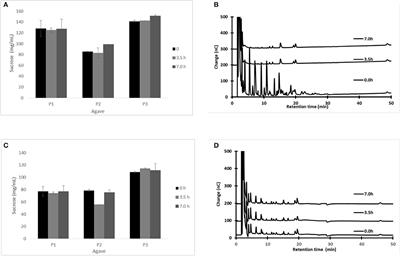EDITORIAL
Published on 27 Sep 2021
Editorial: Food Bioactive Polysaccharides and Their Health Functions
doi 10.3389/fnut.2021.746255
- 2,174 views
- 6 citations
11k
Total downloads
52k
Total views and downloads
EDITORIAL
Published on 27 Sep 2021
REVIEW
Published on 28 Jun 2021

ORIGINAL RESEARCH
Published on 21 Jun 2021

ORIGINAL RESEARCH
Published on 28 May 2021

CLINICAL TRIAL
Published on 10 Mar 2021

ORIGINAL RESEARCH
Published on 21 Jan 2021

ORIGINAL RESEARCH
Published on 26 Nov 2020

ORIGINAL RESEARCH
Published on 08 Oct 2020

ORIGINAL RESEARCH
Published on 12 Jun 2020
